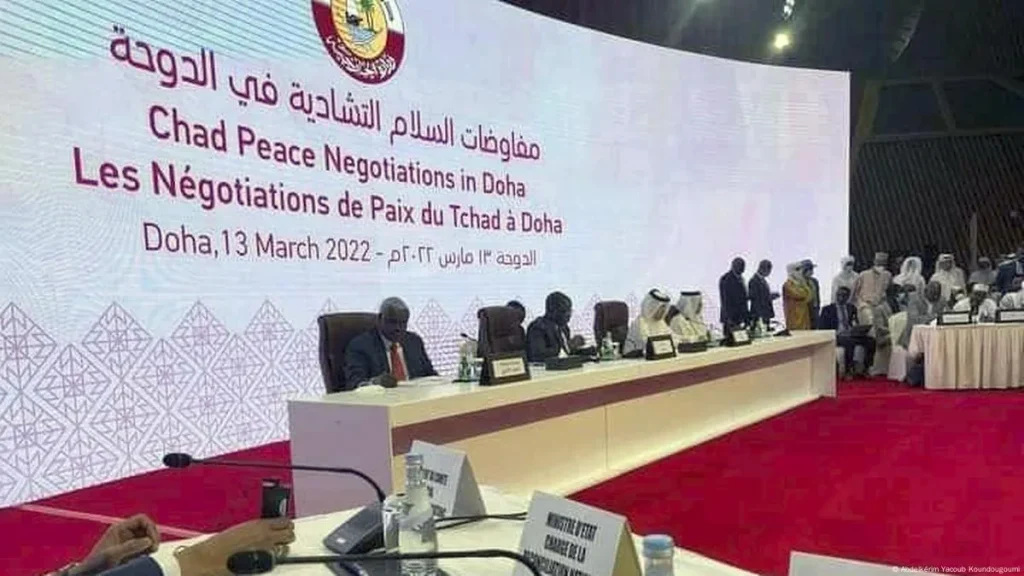On May 1, 2022, Chad’s military government, led by General Mahamat Idriss Deby Itno, announced the postponement of a landmark national dialogue initially scheduled for May 10, 2022, aimed at paving the way for elections. “The Chadian Foreign Ministry said it had agreed to postpone the inclusive national dialogue to a later date to be decided,” according to the ministry’s statement, following stalled preparatory talks in Doha, Qatar. Qatar, mediating since March 13, 2022, supported the delay, citing “tangible progress at a good pace” and the need for more time to reach a peace agreement.
Context of the Crisis
The delay stems from the political turmoil following the death of President Idriss Deby Itno in April 2021 during a battle with rebels, particularly the Front for Change and Concord in Chad (FACT). His son, Mahamat, seized power, promising free elections within 18 months. The national dialogue, meant to include over 1,300 representatives from rebel groups, civil society, and political parties, was a critical step toward a new constitution and elections. However, opposition groups, including FACT, accuse Deby of deliberately stalling Doha talks to entrench power, demanding he rule himself out of elections and provide safety guarantees for exiled leaders in Libya, Sudan, and Europe.
Challenges in Qatar Mediation
Since March 2022, over 40 opposition groups and the military government have engaged in preliminary talks in Doha, but progress has been slow. “They have spent much of the time in luxury hotels and have yet to meet face-to-face,” reports indicate, as Qatari mediators struggle to bridge divides. The opposition’s distrust deepened when FACT and others walked out, citing government “harassment, intimidation, threats, and disinformation.” Qatar, initially reluctant to mediate fully, has reaffirmed its commitment, leveraging its experience in peace efforts for Yemen, Sudan, and Afghanistan. A 2010 peace agreement between Chad and Sudan, also mediated by Qatar, offers precedent, but the current talks face resistance over unequal treatment and prisoner releases.
Regional and International Implications
Chad’s instability, rooted in decades of conflict since its 1960 independence from France, has regional stakes, given its role as a Western ally against Sahel insurgencies. The African Union (AU) and France have pressured Deby to meet election timelines, with the AU rejecting coup-led transitions. “Getting this many groups to sign the accord is a good launchpad for the national dialogue, but it will struggle without outfits such as FACT,” an opposition leader told AFP. The dialogue, rescheduled for August 20, 2022, saw 42 of 47 groups sign a peace deal, but FACT’s refusal weakened prospects. By August 2025, the transition remains incomplete, with Deby extending his rule and facing protests over governance and resource mismanagement, per Africa News.
Ongoing Tensions and Outlook
The postponement reflects deeper challenges in reconciling Chad’s fragmented political landscape. Opposition demands for Deby’s non-candidacy and amnesty for rebels, including 400 FACT prisoners, remain unresolved. “FACT remains available for dialogue anywhere and anytime,” the group stated, signaling openness but skepticism. As of August 2025, Chad’s junta faces accusations of delaying elections to 2026, risking further unrest in a country where 42.3% of the population faces acute food insecurity, per the World Food Programme. The stalled dialogue underscores the difficulty of balancing military control with democratic aspirations, with Qatar’s mediation critical to preventing further escalation in the volatile Sahel region.






